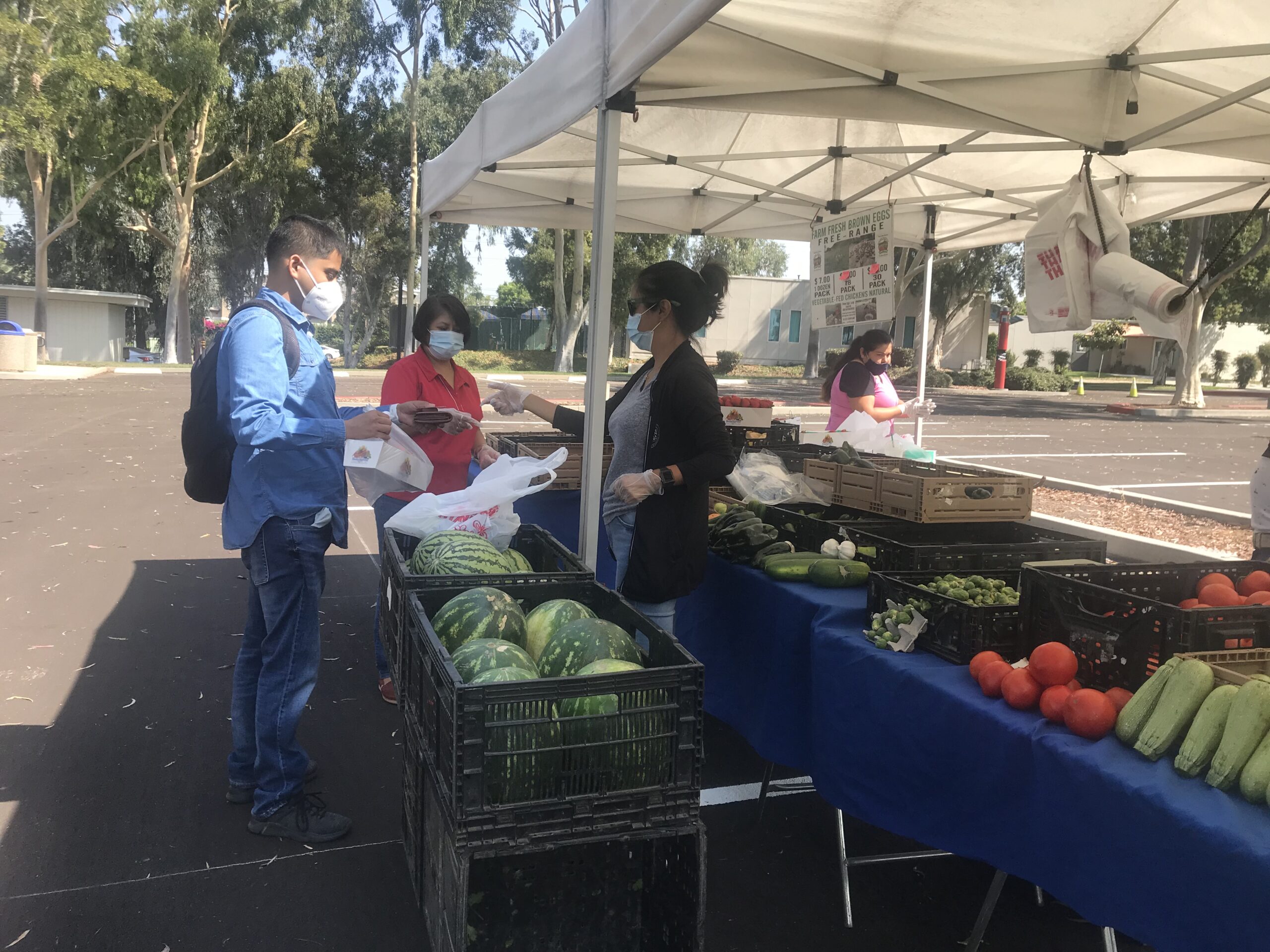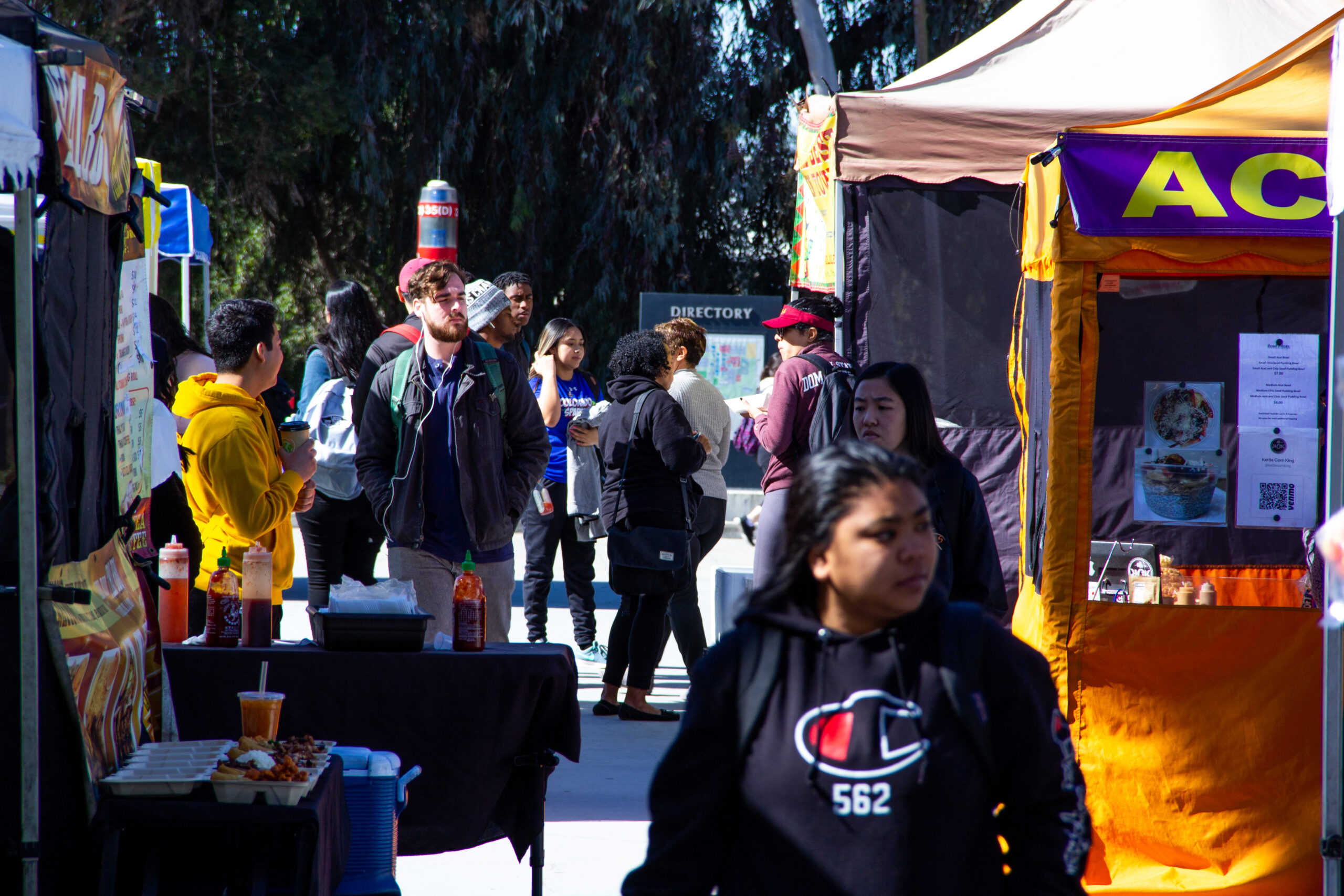By Salvador Perez
Ever wondered why, in a group setting, you tend to be quiet, never speaking up unless called upon? Or why certain people seem to naturally be leaders, or always crack jokes, or pick on others?
Those are some of the questions that you might take a closer look at by participating in a three-day group relations conference on March 22-24 at CSUDH. Titled “Leadership and Creative Expression: Making the Invisible Visible,” registration for the conference closes Monday, and it is open to CSUDH faculty and students, alumni and the community.
“This is an opportunity to study group dynamics,” said Dr. Tara Victor, a board-certified clinical neuropsychologist and a professor in the CSUDH Department of Psychology, one of the conference’s sponsors.”Students, alumni and community members will come together for three days to basically study themselves, not as individuals, but as individuals coming together as groups of various size.”
Participants will meet in small groups and large groups and, with the help of trained consultants, will reflect on why and how their group came together, what their group is as a self-contained unit. and what the group is in relation to other groups that have formed.
“And what it all means as it relates to how it may or may not reflect on the larger system where this is all taking place, which is CSUDH in the city of Carson, in the county of Los Angeles, in Southern California,” Victor said. “We continue to zoom out and use the conference as a microcosm of study for what may be going on at larger levels of this society and culture in which we live.”
Just as the conference will help participants see larger group systems, it can help them see their own personal patterns in groups.
“People are coming together and they are learning their individual patterns in groups,” Victor said. ” What role do they tend to pick up if they are not formally assigned one?”
Victor said the conference certainly applies to people whose work is in clinical-community psychology but it also has “applications to education, health care, civic life, to all individuals in how they navigate groups of all kind, like family groups. It’s educational, not therapeutic.”
In short, everyone can gain something from this conference, Victor said.
“We’re social animals, we’re in groups of all kinds all the time,” she said. “My students tell me [that analyzing group dynamics] applies to every aspect of their life outside of school and in school including the classroom. It’s about authority and one’s relationship to authority. People don’t really ask themselves questions about ‘how do I relate to authority, what are my assumptions of authority, what are my default reflexive reactions to authority, or my fantasies about authority? All those things are up for study and when you take a really close look at that and have trained consultants who we have on staff to help you to make sense of that and understand it, it can really be a game-changer “
Victor admitted that it may sound “heady, but it’s not. It’s very emotional and physical and mental at the same time.”
It can also be challenging. In fact, Victor said that if someone is going through something particularly stressful in their life, or in the middle of a major life transition, they should think hard about attending. Those are not the times “to come to a group relations conference to learn about unconscious group dynamics,” she said. ” You sort of want to come to this experience in an open, receptive, ready-to-be-challenged way.”
The cost to register is $100 for full-time students, and $300 for general regstration. For more information, go here.


